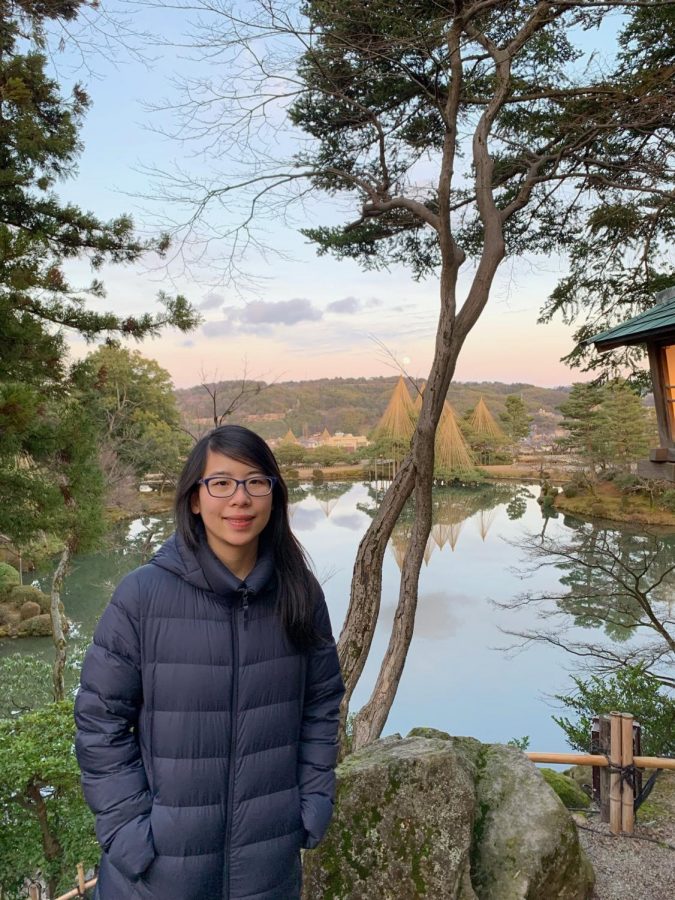Uni High produces quite a smaller class of graduating students compared to a standard American high school, and almost all of them go on to do amazing things in the community.
A great example of this is Uni alumna, Elisabeth Larson. Part of the graduating class of 2014, Larson is currently a community sex educator and a midwife.
Larson, a passionate sex educator, and activist started this journey as a junior at Uni. She was one of the founding members of the SPECTRUM club, and in her senior year, hung informative posters about birth control around the school and handed out condoms. Larson jokes that this was “The same stuff I’m doing today.”
In college, Larson continued to help the community, teaching at a university-sponsored Planned Parenthood class.
After graduating college with a strong focus on community health, Larson participated in a master’s nursing program to obtain a state license. Larson stated that this prepared you for that … higher level [of] clinical thinking.”
Fortunately, this preparation came in handy quite quickly. The day Larson passed was also coincidentally the day the first case of COVID-19 was reported in Chicago.
Larson quickly sprung into action, working two jobs throughout the pandemic. She helped at a downtown hotel, taking care of patients who didn’t need immediate care, but had nowhere else to stay, whether that be because of a family member with a weaker immune system, or because they were homeless.
The other job was more along the lines of her pre-pandemic work. Larson worked in group homes, prison reform houses, and homeless encampments, teaching them about COVID-19 during the early stages of the pandemic.
Around a year into the pandemic, Larson picked up another job. The Uni Health Teacher had emailed alumni asking if anyone had experience with teaching reproductive health. Of course, Larson replied.
Who else was as qualified as her? In her own words, “I think I’m the woman for the job!” Ever since, she has been teaching the freshman reproductive health section, as well as a junior/senior health seminar.
This was where, at a student/teacher event, Larson was introduced to Ellen, a parent who worked as a midwife.
“Tell me what it’s like to be a midwife!” And with those 9 words, Larson began to realize that that was what she wanted to be. This was well in tune with her previous work, teaching reproductive health, so the slight change in future goals wasn’t startling.
But why reproductive health? Why did Larson focus so heavily on community-led sex education and nursing? The reason, Larson says, lies within the community itself.
“Reproductive and sexual health is something that impacts everyone’s life,” she states. “Whether you have children, whether you are having sex, whether you want to be abstinent for your entire life, no matter what choices you are personally making, sexual wellness and health will play a role.”
Because most of the education people receive related to sexual wellness is during pregnancy and birth, this knowledge is often lacking and misinformed. Educating people early on can help prevent confusion and allow for more people to have access to preventative services when needed.
